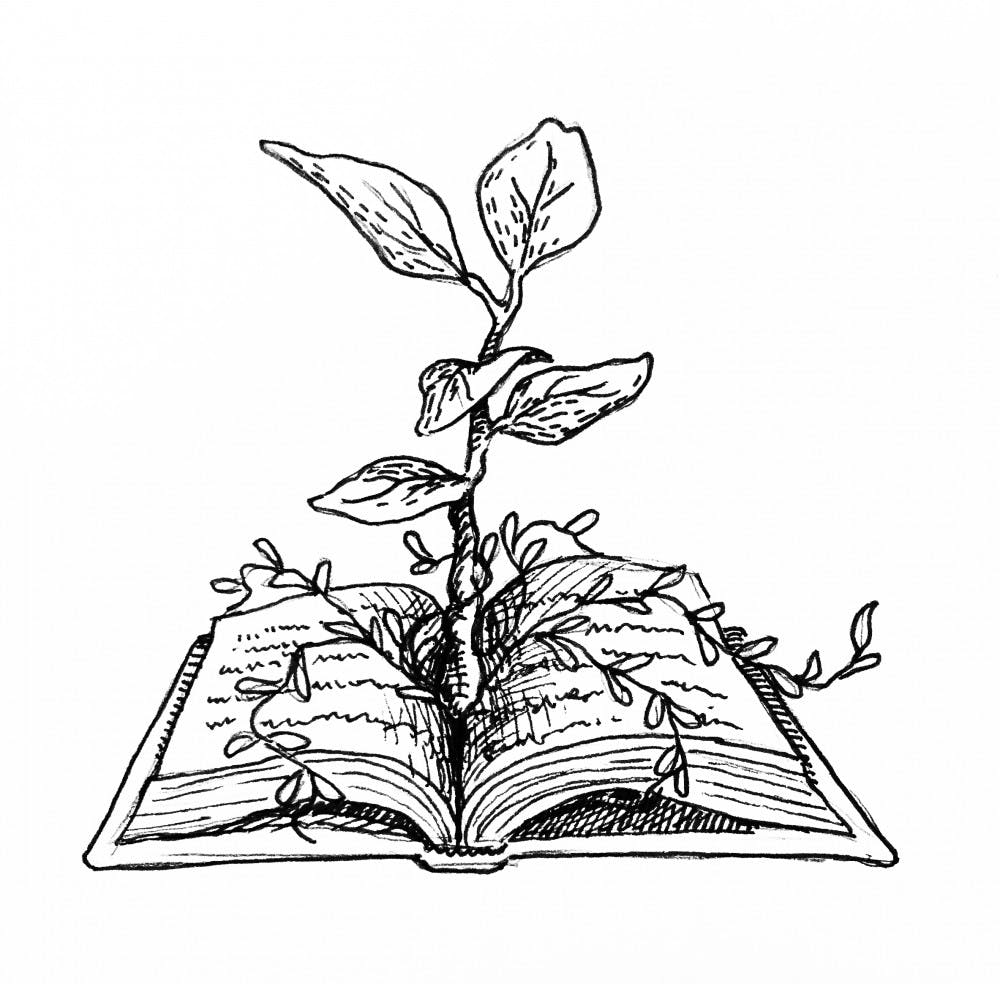The Initiative for Environmental Humanities at Brown, created this fall under the Cogut Institute for the Humanities and in collaboration with the Institute at Brown for Environment and Society, aims to provide a space that consolidates and fosters environmental work within the humanities.
The initiative was founded by a group of humanities professors who noticed increased interest among students in complex environmental issues. Before EHAB, the University lacked an institutional focus on environmental work in the humanities, said Assistant Professor of History and Environment and Society Brian Lander, a member of the working group that founded EHAB.
“Suddenly we’re realizing that (environmental issues are) related to all different disciplines,” Lander said. “It’s a problem that needs an analysis of human societies as well as just scientific solutions, and so we’re trying to create an initiative that will bring together all the people at Brown who are interested in these issues.”
“The long-term focus is to increase the interdisciplinarity of the way people are studying the environment at Brown, and to make that more explicit,” said working group member Bathsheba Demuth, assistant professor of history and environment and society.
To help foster interdisciplinary dialogues, working group members envision a growing partnership with IBES, said working group member and Assistant Professor of History Lukas Rieppel.
The initiative aims to provide undergraduate students, graduate students and faculty greater access to work taking place within the environmental humanities at the University. These new opportunities are meant to complement those offered by IBES in the larger discussion of environmental issues, said working group member and Professor of Political Science Sharon Krause.
Addressing environmental problems requires perspectives from both the sciences and the humanities because these problems are rooted in human actions, Lander said.
“There are many environmental issues that are not simply problems to be solved. It’s also an issue for us to contemplate, … like how to maintain resilient hope in the face of what seems to be this inevitable environmental social catastrophe,” said working group member and Professor of Humanities Mark Cladis. “Sciences are great, but it’s not clear they can deal with issues like hope and despair.”
To facilitate this collaboration of disciplines, the initiative’s website includes information about faculty members and faculty affiliates involved in the environmental humanities. In addition, the website will include information on related courses being offered at the University and future relevant events.
Through funding from the Cogut Institute and support from IBES, the initiative is offering a speaker series this year featuring Rhode Island School of Design professor Damian White, Harvard professor Joyce Chaplin and Pratt Institute professor Macarena Gómez-Barris — all of whom work in the environmental humanities.
Beyond the speaker series, the initiative’s future is not set in stone. “The initiative is brand new. We have the aspiration that it will grow over time and it will become more than it is right now,” Krause said. “Exactly how it will grow and what form it will take institutionally, we don’t really know, and that’ll depend a lot on who gets involved and what their interests and priorities are. And we do see an important role for students in that process.”
The group anticipates adding further opportunities for engagement, including reading groups as well as workshops and conferences, she added.
“It’s great to get the word out to undergraduate and graduate students about how much … intellectual excitement there is around environmental humanities at Brown,” Krause said. “The door is really open and we really welcome people to come share their experience, their interests and help us drive this thing forward.”





